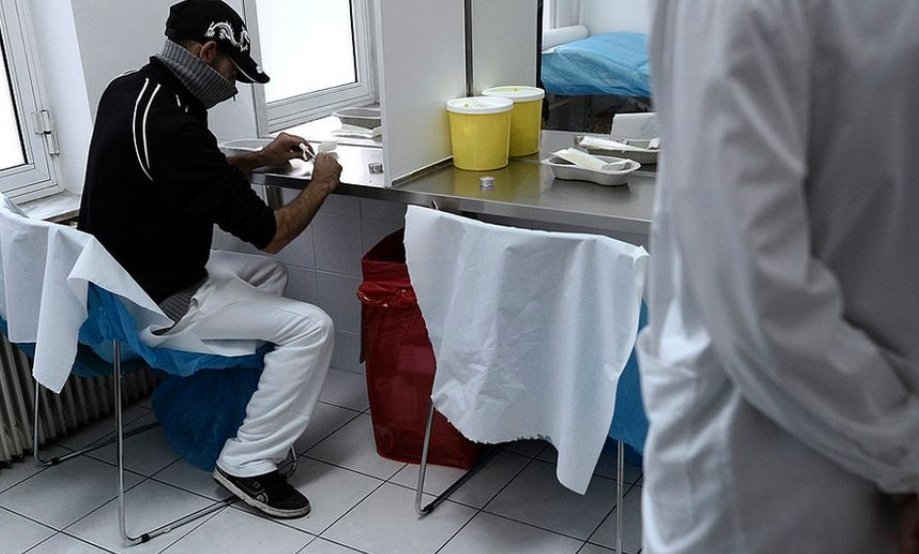In a bold move to combat the drug crisis, Glasgow has launched the UK’s first safe drug consumption room. This pioneering facility aims to provide a secure environment for drug users, potentially saving lives and offering a pathway to recovery.
A New Approach to Drug Crisis
The establishment of Glasgow’s safe drug consumption room marks a significant shift in Scotland’s drug policy. The facility, located in the city’s east end, is designed to offer a clean and medically supervised space for individuals to use their own drugs. This initiative is not just about reducing the harm caused by drug use but also about connecting users with treatment and support services.

The decision to open such a facility comes in response to the alarming rate of drug-related deaths in Scotland. By providing a safe space, the authorities hope to prevent overdoses and the spread of infectious diseases. Moreover, the facility is seen as a step towards de-stigmatizing drug use and treating it as a health issue rather than a criminal one.
The Debate Surrounding the Facility
While many hail the facility as a life-saving intervention, it has also sparked controversy. Critics argue that it may encourage drug use and question the allocation of public funds for its operation. However, proponents emphasize the success of similar facilities in other countries and the potential for this approach to save lives and reduce public drug use.
The facility’s approval came after Scotland’s senior law officer indicated that users would not face prosecution for possessing illegal drugs within the premises. This legal assurance is crucial for the facility’s operation, as it removes the fear of criminal charges for those seeking its services.
Looking to the Future
As Glasgow’s safe drug consumption room begins its journey, all eyes are on its impact. Will it become a model for other cities grappling with similar issues? The success of this facility could pave the way for a new era in drug policy, where compassion and harm reduction take precedence over punishment and prohibition.


















